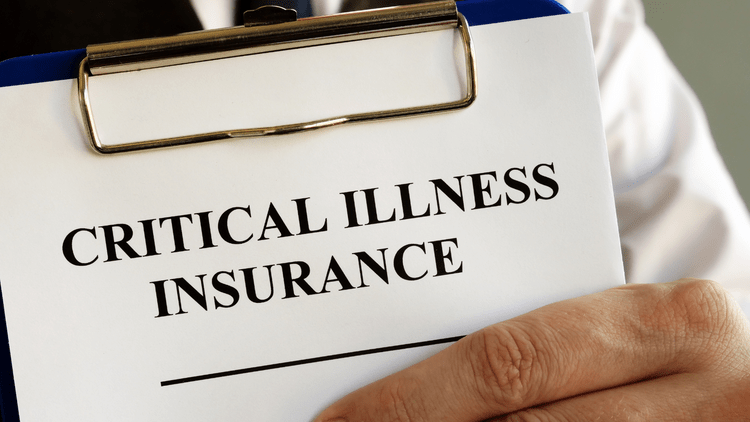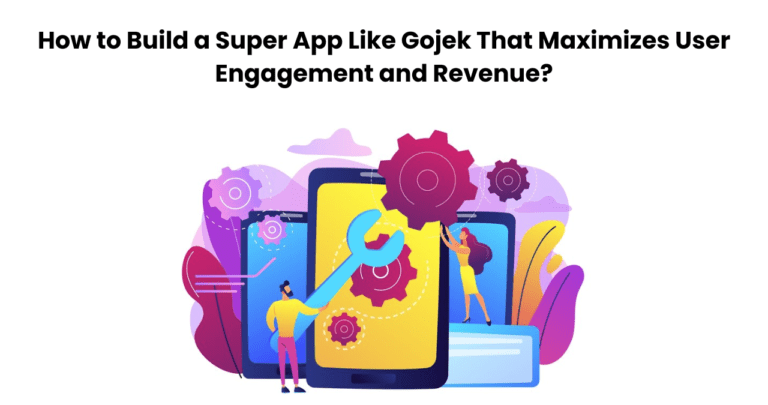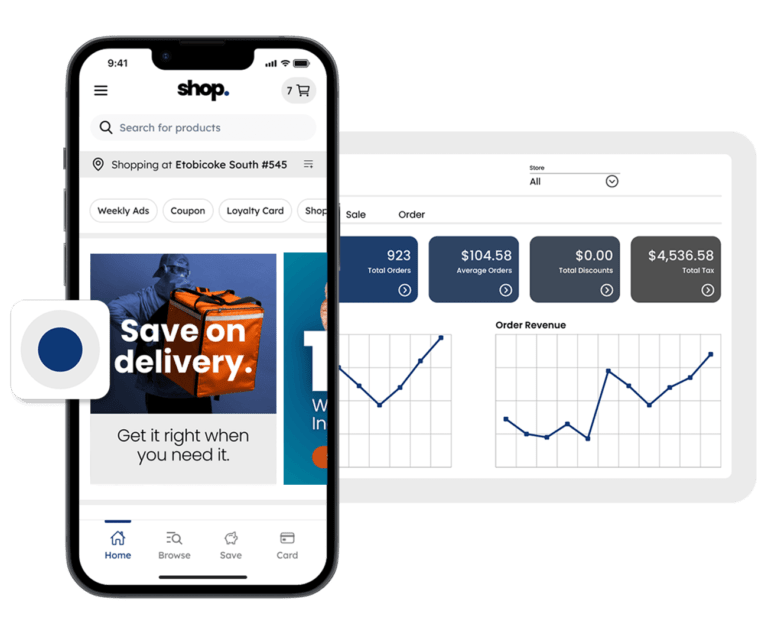Critical illness insurance is a special type of coverage that gives you a lump-sum payout if you’re diagnosed with a serious illness like cancer, heart attack, or stroke. Unlike regular mediclaim insurance, which covers hospital bills, critical insurance provides cash you can use for anything—treatment, daily expenses, or even paying off debts. In India, where medical costs are rising, this insurance can be a financial lifesaver. But who really needs it?
Understanding Critical Illness Insurance
Critical illness insurance pays you a one-time sum if you’re diagnosed with a specific serious illness listed in the policy, such as cancer, kidney failure, or heart disease. The payout isn’t tied to hospital bills—you can use it for medical costs, living expenses, or anything else. This makes it different from mediclaim insurance, which typically covers hospitalisation and treatments directly. The best health insurance company in India often offers critical insurance as a standalone policy or an add-on to regular health plans.
Who Should Buy Critical Illness Insurance?
The need for this insurance depends on your age, health, lifestyle, and financial situation. Let us take a look at who should consider it based on these factors.
Young Adults (20–30 Years)
Young adults often feel invincible and may not think about serious illnesses. However, critical medical insurance can still be valuable, especially if you have certain risk factors.
- Family history: If your parents or siblings have had conditions like heart disease, cancer, or diabetes, you’re at higher risk. Critical medical insurance can protect you if these conditions appear early.
- Lifestyle risks: Smoking, excessive drinking, or a stressful job can increase your chances of illnesses like heart attack or stroke, even at a young age.
- Financial security: Young adults often have loans (e.g., education or car loans) or limited savings. A critical illness payout can cover expenses if you can’t work during recovery.
2. Middle-Aged Adults (30–50 Years)
This age group is the most likely to benefit from critical illness insurance, as the risk of serious illnesses increases and financial responsibilities peak.
- Rising health risks: Conditions like heart disease, cancer, and kidney issues become more common in your 30s and 40s. India has seen a rise in these illnesses due to stress, poor diet, and sedentary lifestyles.
- Family responsibilities: If you’re supporting a spouse, children, or ageing parents, a serious illness can disrupt your income and savings. The payout can cover school fees, EMIs, or caregiving costs.
- High treatment costs: Treatments like bypass surgery (₹3–8 lakh) or cancer therapy (₹50,000–₹2 lakh per session) can drain finances without insurance.
You should combine critical insurance with mediclaim insurance for complete coverage—mediclaim for hospital bills and critical illness for other costs.
Senior Citizens (50+ Years)
Older adults face the highest risk of critical illnesses, but coverage can be harder to get due to age limits or higher premiums.
- Increased risk: The chances of cancer, stroke, or organ failure rise significantly after 50. Many policies cover these conditions, which are common in older age.
- Retirement planning: If you’re retired or nearing retirement, a critical illness can wipe out your savings. The payout can protect your financial security.
- Limited income: With no regular salary, covering medical costs can be tough. The insurance payout can fund treatments or home care.
Always look for policies with shorter waiting periods for pre-existing conditions, as older adults may already have health issues.
People with High-Risk Lifestyles
Your lifestyle can increase your need for critical insurance, regardless of age. Here are some individuals at higher risk:
- Smokers or heavy drinkers: These habits raise the risk of cancer, heart disease, and liver failure.
- Stressful jobs: High-pressure careers can lead to heart issues or stroke due to chronic stress.
- Sedentary lifestyle: Lack of exercise, combined with poor diet, increases risks of diabetes, heart disease, and stroke.
A serious illness can strike earlier than expected due to these habits. The payout can cover treatment costs or support lifestyle changes, like quitting smoking or hiring a nutritionist. Be honest about your lifestyle when applying, as insurers may charge higher premiums or reject claims if you hide these details.
Individuals with a Family History of Serious Illnesses
If your family has a history of critical illnesses, you’re at higher risk, even if you’re young and healthy.
Conditions like cancer, heart disease, or neurological disorders can be hereditary. Critical insurance ensures you’re financially prepared if these conditions appear. For example, a 30-year-old whose parent had cancer might face a similar diagnosis later. The payout can cover chemotherapy or experimental treatments not covered by medical insurance.
Sole Breadwinners
If you’re the only earning member of your family, a critical illness can put your loved ones at risk financially.
A serious illness can stop you from working, cutting off your family’s income. The lump-sum payout can cover daily expenses, EMIs, or children’s education while you recover. Choose a high sum insured (₹5–10 lakh or more) to match your family’s needs and your city’s medical costs.
Things to Consider When Buying
Let us quickly go through the considerations before buying an critical insurance:
- Covered illnesses: Ensure the policy includes common conditions like cancer, heart attack, and stroke. Some plans cover 10 illnesses, others up to 20 or more.
- Sum insured: Pick a cover that matches healthcare costs in your area—₹5–10 lakh for urban areas is a good start.
- Waiting and survival periods: Most policies have a 90-day waiting period and require you to survive 30 days post-diagnosis for a claim.
- Standalone vs. rider: A standalone policy offers more flexibility, while a rider with your mediclaim insurance is often cheaper.
- Compare insurers: Look for the best health insurance company in India with a strong claim settlement record and wide coverage.
Why Critical Illness Insurance Matters?
Critical insurance complements medical insurance by covering costs beyond hospital bills, like lost income, travel, or home care. It’s especially important in India, where medical inflation is high, and treatments for serious illnesses can cost lakhs. The payout gives you flexibility and peace of mind, ensuring you can focus on recovery without financial stress.
Picking a reliable insurer is key to smooth claims and good coverage. Niva Bupa Health Insurance is a strong choice, offering comprehensive critical illness plans with a wide range of covered conditions, flexible sum insured options, and a robust network of hospitals for cashless claims. Their customer-focused approach makes them one of the best health insurance companies in India for critical illness coverage.
Conclusion
Critical illness insurance is a must for young adults with family history, middle-aged adults with responsibilities, seniors, high-risk individuals, and sole breadwinners. By providing a lump-sum payout, it protects your finances from the high costs of serious illnesses. When choosing a policy, check the covered illnesses, sum insured, and insurer’s reputation. Paired with health insurance, it creates a complete safety net, ensuring you and your family are secure. Take the time to compare options and pick the best health insurance company in India to meet your needs.












